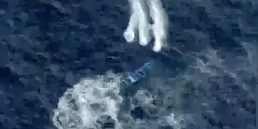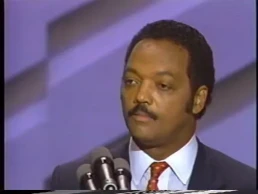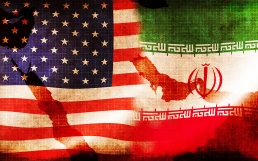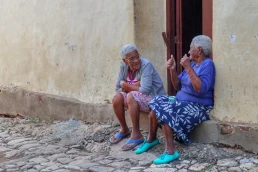Allowing only one side to be criticized for its crimes – reinforcing the loaded western political narrative of good guys versus bad guys – is likely to fuel the war rather than resolve it.
By Jonathan Cook, Antiwar.com
Should a human rights organization apologize for publishing important evidence of war crimes and human rights abuses?
If it does apologize, what does that suggest about its commitment to dispassionately uncovering the truth about the actions of both parties to war? And equally, what message does it send to those who claim to be “distressed” by the publication of such evidence?
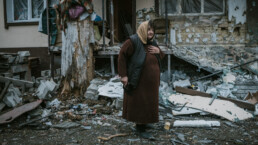
Those are questions Amnesty International should have pondered far more carefully than it obviously did before issuing an apology last week over its latest report on the war in Ukraine.
In that report, Amnesty accused Ukrainian forces of committing war crimes by stationing troops and artillery in or near schools, hospitals and residential buildings, thereby using civilians effectively as human shields. Such practices by Ukrainian soldiers were identified in 19 different towns and villages.
These incidents did not just theoretically endanger civilians. There is evidence, according to Amnesty, that return fire by Russian troops on these Ukrainian positions led to non-combatants being killed.
Recent Posts
U.S. Sent a Rescue Plane For Boat Strike Survivors. It Took 45 Hours To Arrive.
February 17, 2026
Take Action Now In seas that could kill a person within an hour, it took nearly two days for a rescue plane to arrive.By Tomi McCluskey and Nick…
“Keep Hope Alive”: Remembering Rev. Jesse Jackson, Civil Rights Icon Who Twice Ran For President
February 17, 2026
Take Action Now “Our father was a servant leader — not only to our family, but to the oppressed, the voiceless, and the overlooked around the…
The Iranian Trap: Neither Military Action Nor Nuclear Negotiations Can Solve Trump’s (and Israel’s) Conundrum
February 16, 2026
Take Action Now After a failed regime-change strategy and an increasingly risky military buildup, the Trump administration turns back to nuclear…
Suffocating an Island: What the U.S. Blockade Is Doing to Cuba
February 16, 2026
Take Action Now Electric motorcycles are Cuba’s response to the fuel crisis.By Medea Benjamin Marta Jiménez, a hairdresser in Cuba’s eastern city…

